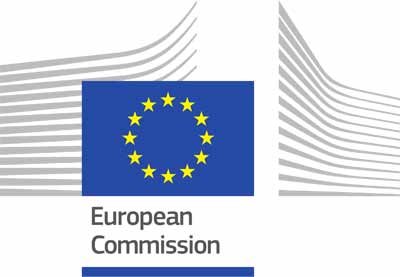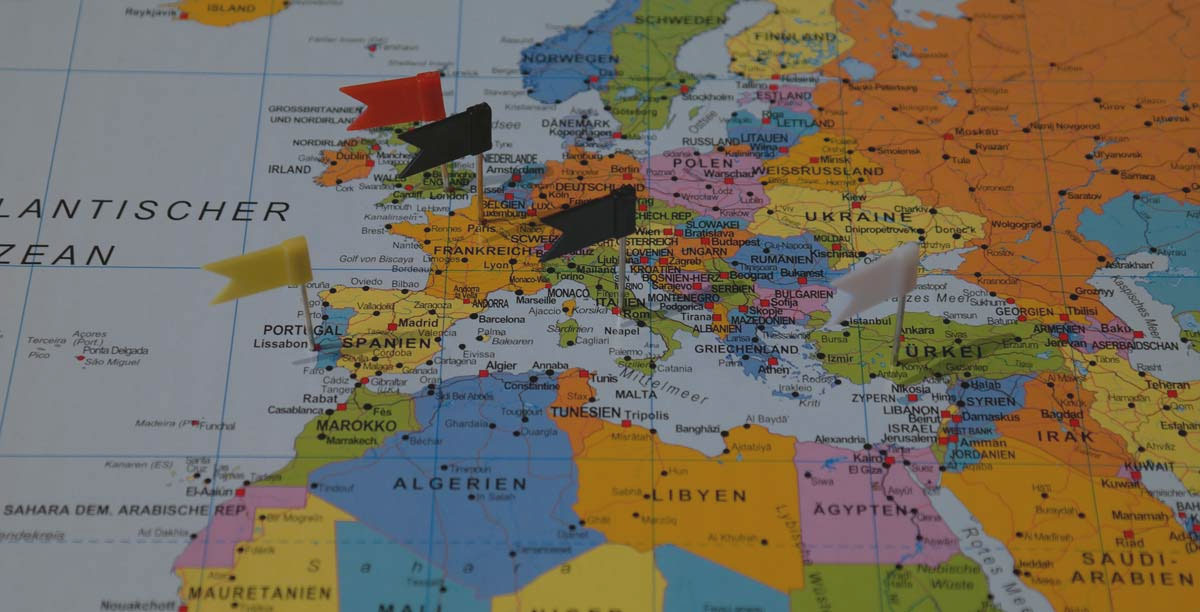PROJECT COMPLETED (2021-2023)
The current de-Europeanization of Turkey is likely to seriously impair the European Union’s transformative influence over Turkey and even paralyse the political, legal and economic reforms designed to bring Turkey more into line with EU countries. Yet, even in the absence of an active accession process, the European Commission underlines that it is vital for the EU to maintain good relations and to continue pragmatic cooperation in all key areas of joint interest. For the EU to build a productive relationship with Turkey, it is essential to understand current political and cultural movements in Turkey itself, and the way that these shape the Turkish identity and influence public attitudes to Europe and the West.
Within this context, EMOFORTE (EMOtions in the FOReign Policy of Turkey towards the EU) aims to transform our current knowledge of the cultural, social and political conditions underlying the reversal of Turkish Foreign Policy in relation to Europe. It will address both the dominant and dissident foreign policy discourses of Turkish political elites (i.e. politicians, parliamentarians, party officials, and bureaucrats) in terms of emotions materialised in identity discourses and in the narratives about Europe.
This project has received funding from the European Union’s Horizon 2020 research and innovation programme under the Marie Sklodowska-Curie grant agreement 896311.
EMOFORTE will develop an innovative interdisciplinary methodology using the theory of post-structuralist speech and the sociology of emotions for the interpretation of the data, benefiting from the tools for text analysis offered by the corpus of linguistics and Big Data.
At the European level, the research objectives of project address the challenges for the EU to improve its external actions and international cooperation with the goal to become a strong global actor by expanding current knowledge on the political, ideological, cultural and psychological drivers of nationalism, populism and authoritarianism in Turkey and the impact of Turkey-EU cooperation on global and regional issues.
Funding (2020-2022):



